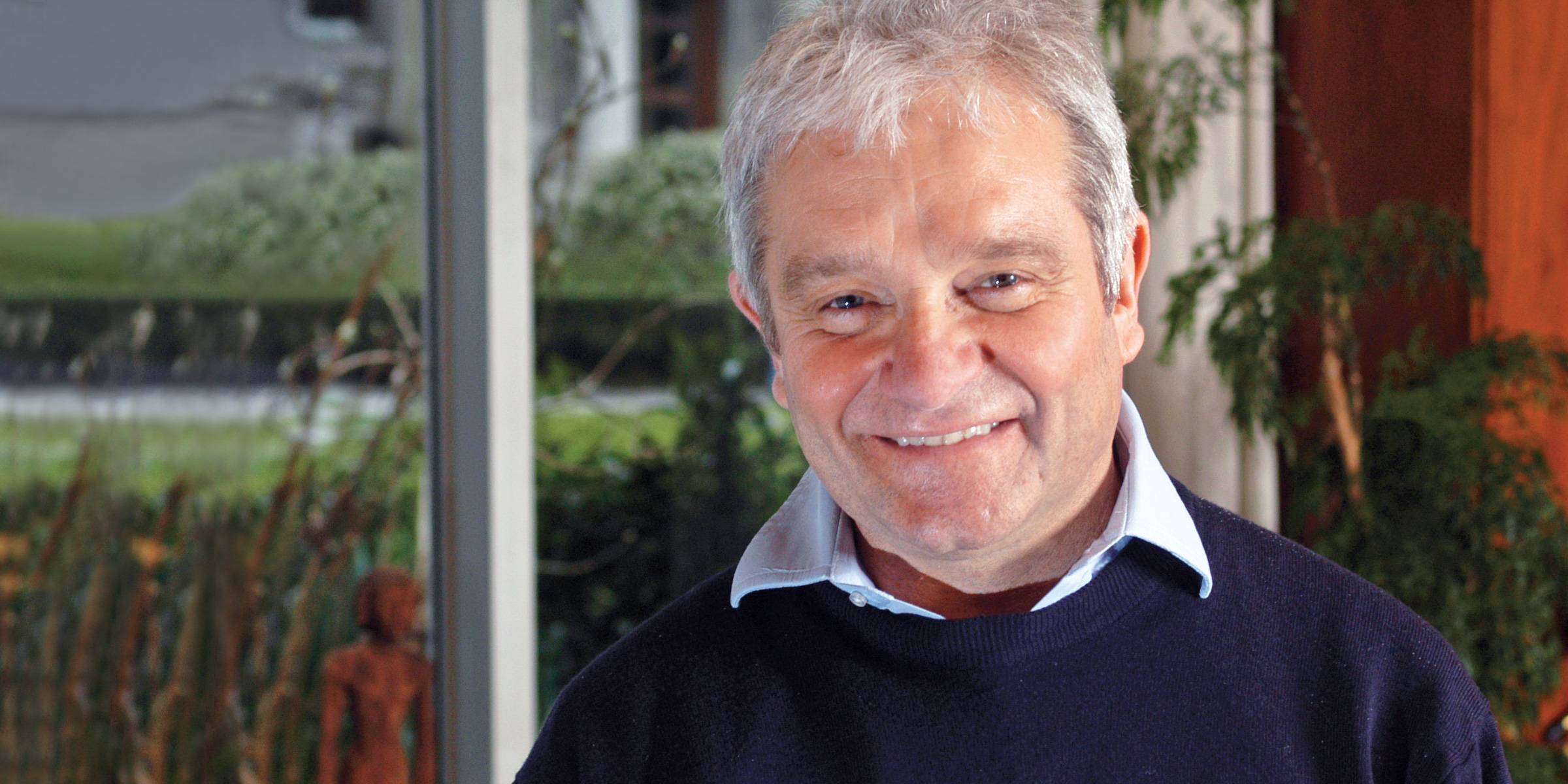Paul Nurse, Ph.D.
Professor
President Emeritus
- Laboratory of Yeast Genetics and Cell Biology (opens in new window)
Nurse’s research focuses on the molecular machineries that control eukaryotic cell reproduction, cell growth, and cell form. Using the fission yeast Schizosaccharomyces pombe as a model system, his studies have led to the co-discovery of cyclin-dependent kinase as the key regulator molecule controlling S phase and mitosis—findings that have had implications for understanding reproduction, development, and cancer.
Currently, the Nurse laboratory pursues work in three areas: the controls over the cell cycle, cell growth, and nuclear size homeostasis. The lab is split on two sites, with the major activity located at the Francis Crick Institute in London, and a smaller group located at The Rockefeller University. The Rockefeller group works mainly on combining chemical biology and genetics to investigate problems of cell biology and cancer.
In collaboration with Tarun Kapoor, the Nurse lab works on the development and use of fission yeast for chemical biology. A fission yeast strain has been constructed with compromised multidrug resistance, allowing chemical drug screens and experiments to be carried out efficiently. This strain has been used in synthetic lethal approaches to identify chemicals that influence the course of the cell cycle and cell growth. Several chemical drugs and their targets have been identified and characterized, including a chemical that inhibits fatty acid synthase and reduces nuclear membrane growth, and another that inhibits Aurora protein kinase. The latter compound has been used to demonstrate that the various functions of this kinase are triggered by different levels of activity. More recently, the researchers identified a drug inhibiting the AAA+ ATPase Midasin, a protein that has a role in assembling nucleolar precursors of the 60S ribosomal sub-unit.
Presently, the lab at Rockefeller is focused on identifying novel small molecules that influence cell proliferation and cell growth, both to better understand these processes and to generate drugs with the potential for cancer chemotherapy. The lab has established live imaging for screening of both fission yeast and human cells. A variety of small molecules have been discovered that result in delays of the cell cycle, some with effects on microtubules. The lab is now further characterizing these chemicals to determine their molecular targets, their mechanisms of action, and their potential for therapeutics.
Nurse is a faculty member in the David Rockefeller Graduate Program, and the Tri-Institutional M.D.-Ph.D. Program.
